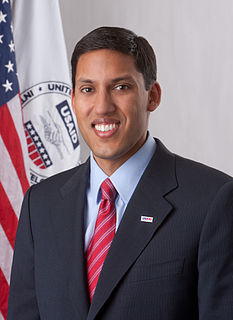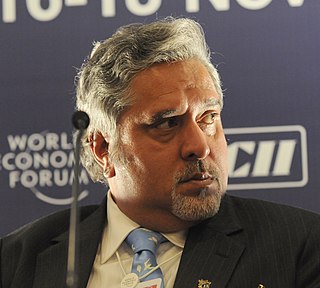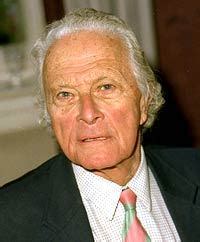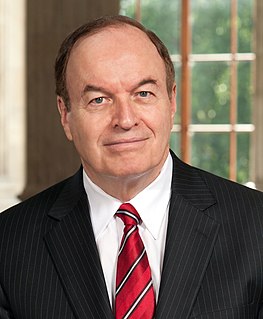A Quote by Mother Teresa
The poverty of the West is far more difficult to solve than the poverty of India.
Related Quotes
If we continue on the trend we’re on, we can reduce extreme poverty by more than 60 percent-lifting more than 700 million people out of dollar-and-a-quarter a day poverty and back from the brink of hunger and malnutrition. But if we accelerate our progress from 3 percent annual reduction to over 6 percent and focus on key turnarounds in some difficult countries, we could get a 90 percent reduction. We could essentially eliminate dollar-and-a-quarter head count poverty.
The greatest disease in the West today is not TB or leprosy; it is being unwanted, unloved, and uncared for. We can cure physical diseases with medicine, but the only cure for loneliness, despair, and hopelessness is love. There are many in the world who are dying for a piece of bread but there are many more dying for a little love. The poverty in the West is a different kind of poverty -- it is not only a poverty of loneliness but also of spirituality. There's a hunger for love, as there is a hunger for God.
Labour ministers often look puzzled when reports show that Britain has one of the lowest levels of social mobility in the developed world. They just don't get it. They see poverty, inequality, fairness, as all about income. For the past 12 years, they have relied on tax credits to solve this. But tax credits do not solve poverty: they mask it.
Poverty should be one of the top concerns for any elected leader. It has a negative effect on almost everything we as society entrust our government to do, but it seems that those in the Republican Party find it is more politically viable to fight a war on the people in poverty than it is to fight a war to end poverty in this country.
The first issue that compelled me was a very strange split between India being highly development scientifically (we were the third biggest scientific manpower in the world then) and yet at the same time struggling with amazing poverty. The linear equation that says that modern science equals progress and the reduction of poverty did not apply to India. It wasn't working.





































